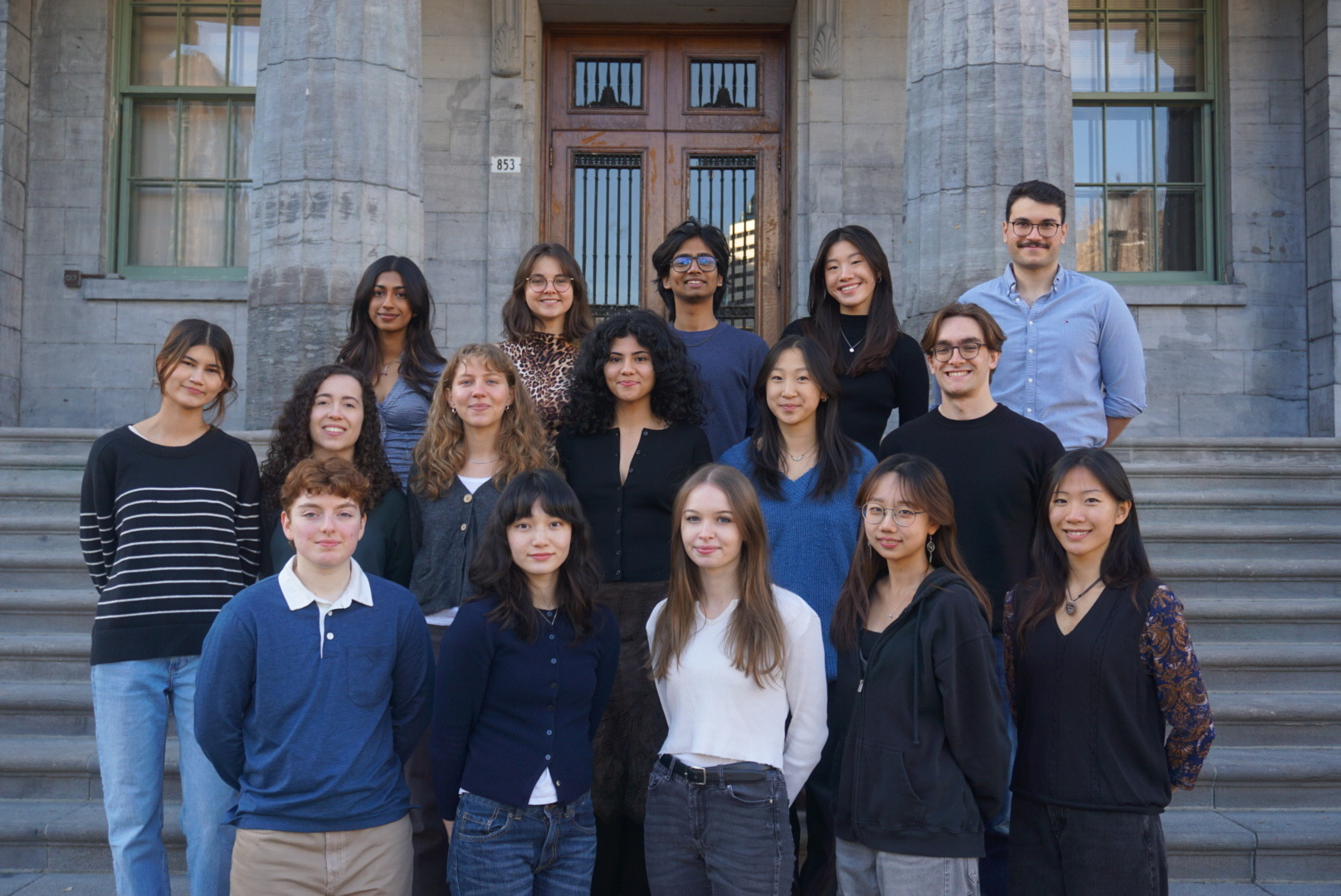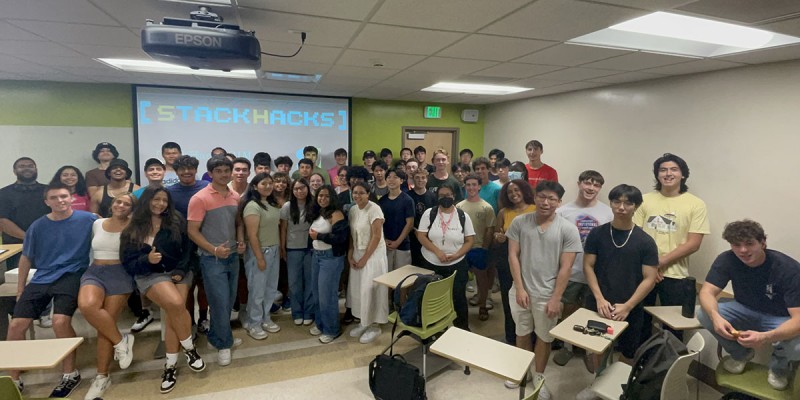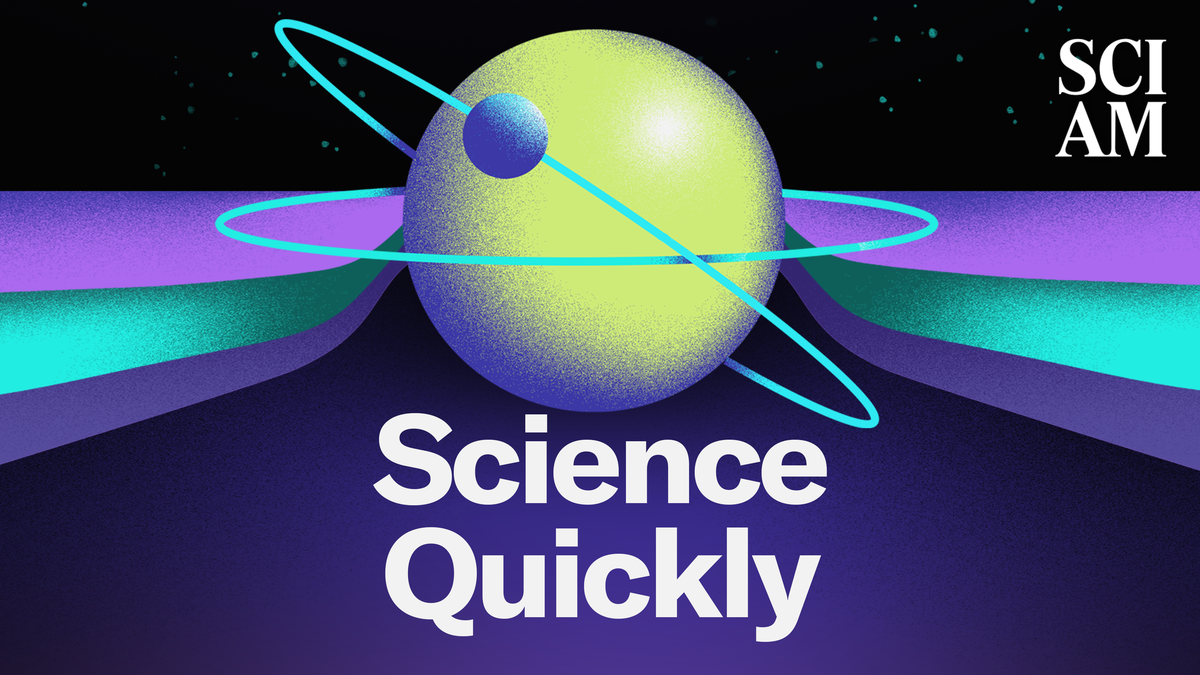
Science Under Siege: How Trump's Policies Are Dismantling Research Foundations
In a powerful display of scientific solidarity, nearly 2,000 researchers have made an urgent plea to Congress, calling for the restoration of critical funding to federal agencies that have recently suffered significant budget cuts. The collective voice of these distinguished scientists highlights the potential long-term consequences of reduced financial support for vital research and scientific infrastructure. The researchers argue that these budget cuts threaten to undermine important scientific progress, potentially stalling innovation, research development, and the United States' global competitive edge in scientific and technological advancement. Their passionate appeal underscores the critical role that federal funding plays in supporting groundbreaking research across multiple disciplines. By rallying together, these scientists hope to draw attention to the importance of sustained investment in scientific research and the potential economic and societal benefits that stem from robust federal agency funding. Their message is clear: supporting science is an investment in our collective future.









